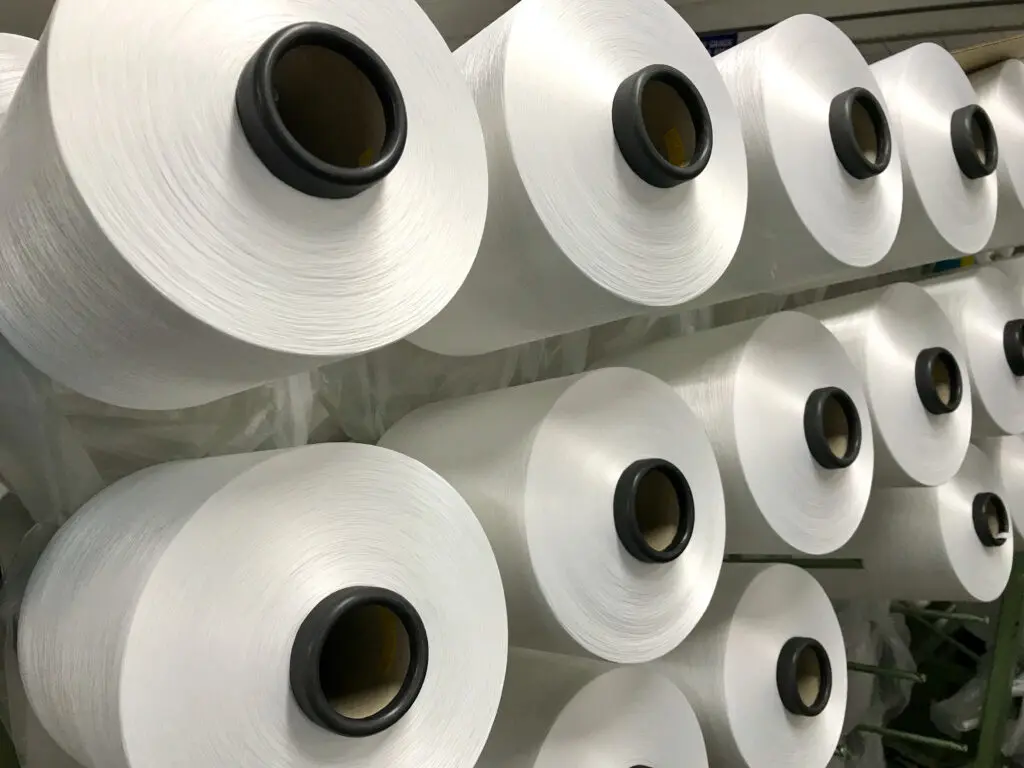Improved collection, mandatory harmonised sorting and a pre-processing infrastructure are essential for the circularity of polyester textiles, insists leading members of the PET value chain in Europe.
Petcore Europe, the association covering the PET lifecycle from manufacturing to conversion into packaging, has published a position paper on the EU’s Ecodesign for Sustainable Products Regulation (ESPR) which came into force in July 2024.
The organisation says post-consumer garments in the EU represent 85% of textiles waste and they should be designed with recyclability in mind.
Critical measures
‘We stress the pressing need to improve collection efforts, establish mandatory EU-wide harmonised sorting guidelines, implementation of the pre-processing infrastructure to convert collected textile waste to consistent usable feedstock both, mechanical recycling and depolymerisation processes,’ says Petcore.
‘ These critical measures are vital for securing the viability of recycling facilities, ensuring the industry can achieve the ambitious targets set by the ESPR Ecodesign framework.’
It argues that the economic and social impact of textile recycling is undeniable, generating employment, supporting local industries and, ultimately, becoming economically self-sustaining.
EPR ‘key’
Noting the need for extended producer responsibility schemes, Petcore says key elements include ensuring accountability for waste prevention, reuse and recycling targets. ‘These schemes must provide financial support for the collection, sorting, preparation for recycling, and recycling.’
It advocates a mandatory minimum of 20% recycled content in garments, specifically post-consumer recycled polyester, by 2030. It also supports an initiative for digital product passports for polyester textiles that provide meaningful information on a product’s environmental footprint, composition, repairability, and recyclability.
Additionally, ‘We support mandating producer responsibility for garment take-back schemes and ensuring proper traceability for upcycling.’ The position paper calls for a reduction on textile exports to the Global South: ‘A firm ban on the export of unsorted clothing is essential.’
Don't hesitate to contact us to share your input and ideas. Subscribe to the magazine or (free) newsletter.



